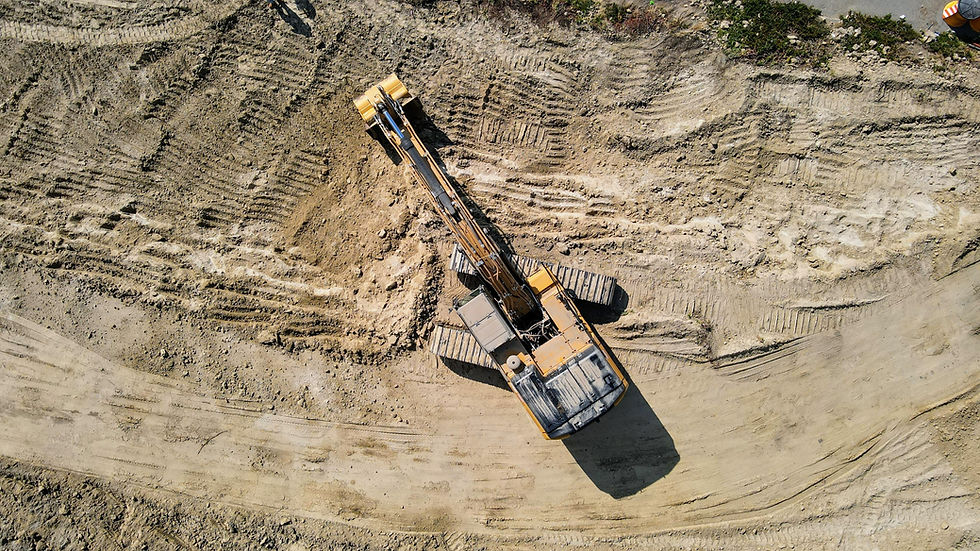You Can’t Just Move the Mine: Why 'De-Risking' Isn’t Enough for Critical Mineral Security
- Security and Democracy Forum

- Jun 26, 2025
- 2 min read
As the race to secure critical minerals intensifies, the term "de-risking" has become a catch-all mantra for Western policymakers seeking to reduce dependence on China. From lithium to cobalt to rare earths, supply chains critical to everything from electric vehicles to missile systems are dangerously concentrated in or controlled by Beijing. The instinct to "de-risk" is understandable. But without a deeper strategy, it risks becoming an illusion.
The problem isn't just China. It's how we think about supply chains in the first place.
Too often, de-risking means rerouting supply through other countries that may not be more stable, transparent, or aligned with democratic norms. For example, as U.S. companies seek alternatives to Chinese-controlled cobalt in the Democratic Republic of the Congo, they often end up working with the same middlemen, the same autocratic regimes, and the same extractive models—just with a different flag on the paperwork. This isn’t resilience. It’s outsourcing vulnerability.

China has spent decades building vertically integrated, state-backed mineral supply chains. It doesn't just mine rare earths—it refines them, finances infrastructure in host countries, and offers diplomatic cover to partners regardless of governance concerns. The U.S., by contrast, leans heavily on private-sector initiative, often without the long-term partnerships or institutional relationships that turn extraction into trust.
If the United States wants to lead in the mineral economy of the 21st century, it needs more than market incentives and defense production grants. It needs soft power. Multi-lateral organizations are meant to bring together shared ideals, not make winners and losers. Without development support, transparency frameworks, and community engagement, host nations have little reason to prefer U.S. deals over China's no-strings-attached model.
This is especially true in regions where past resource deals have left environmental damage, labor abuse, and few benefits for local populations. Trust is not a given. It must be earned through long-term engagement, infrastructure co-investment, and the kind of diplomatic presence that doesn't vanish once the ore is shipped.
To be clear, de-risking from China is necessary. But it's only the first move. If we fail to replace dependency with real partnership, we will simply trade one unstable supply chain for another. The goal should not be to move the mine. It should be to build a better system.
That system must include:
Investment in refining and processing capacity among trusted allies.
Multilateral standards for labor, environmental protections, and transparency in mining operations.
Coordinated development aid that aligns resource access with governance improvements.
Strategic patience—recognizing that building resilient, values-aligned supply chains takes time.
In short, the United States must stop treating critical minerals as a transactional issue and start treating them as a strategic relationship challenge. Soft power isn't a luxury in this equation. It's the key to winning it.




Comments